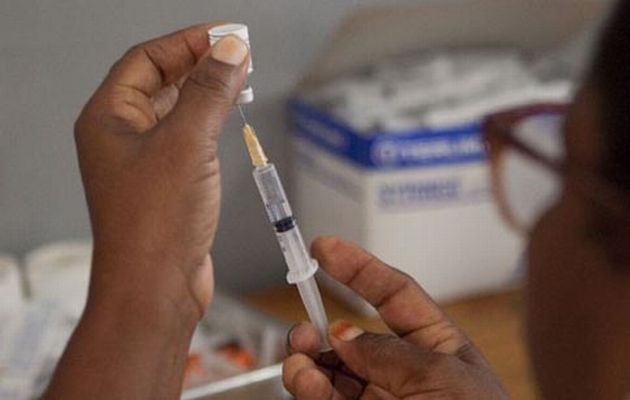The Federal Government has advised Nigerians against taking malaria treatment before a confirmed laboratory test.
Dr Audu Mohammed, the National Coordinator, National Malaria Elimination Programme (NMEP), gave the advice at the second quarter media chat in Abuja.
Mohammed, who was represented by Mr Chukwu Okoronkwo, Head of Advocacy, Communication and Social Mobilisation, said that malaria was still a major morbidity and mortality in the country.
He explained that Nigerians must adopt the right health seeking behaviour for the elimination of malaria.
According to him, commencing malaria treatment without laboratory test is highly discouraging.
“Let me re-emphasise that it is critical that Nigerians demand to be tested when they have fever to be sure it is malaria before undergoing treatment with Artemisinin-based Combination Therapy (ACTs) if malaria is confirmed.
“We collaborate with our partners to make ACTs available free to public health facilities in most states of federation.
“We have started embarking on advocacy with all relevant partners and governments at various levels to ensure the provision of malaria commodities to the private health facilities at subsidised rate,” he said.
The coordinator disclosed that the WHO 2017 report indicated 57.3 million estimated cases of malaria in the country while only about 12.4 million cases were confirmed.
Mohammed enjoined the media to educate Nigerians on guidelines for treatment of malaria which recommended diagnosis in all suspected cases before administration of treatment.
“Usually, there are two types of tests, microscopy and rapid diagnostic test.
“The test is meant to provide evidence of the malaria parasite in the blood of the patient before he/she can be treated.
“Our guidelines emphasise the importance of high quality microscopy and where not feasible or available, quality assured rapid diagnostic tests should be used,” he explained. (NAN)

